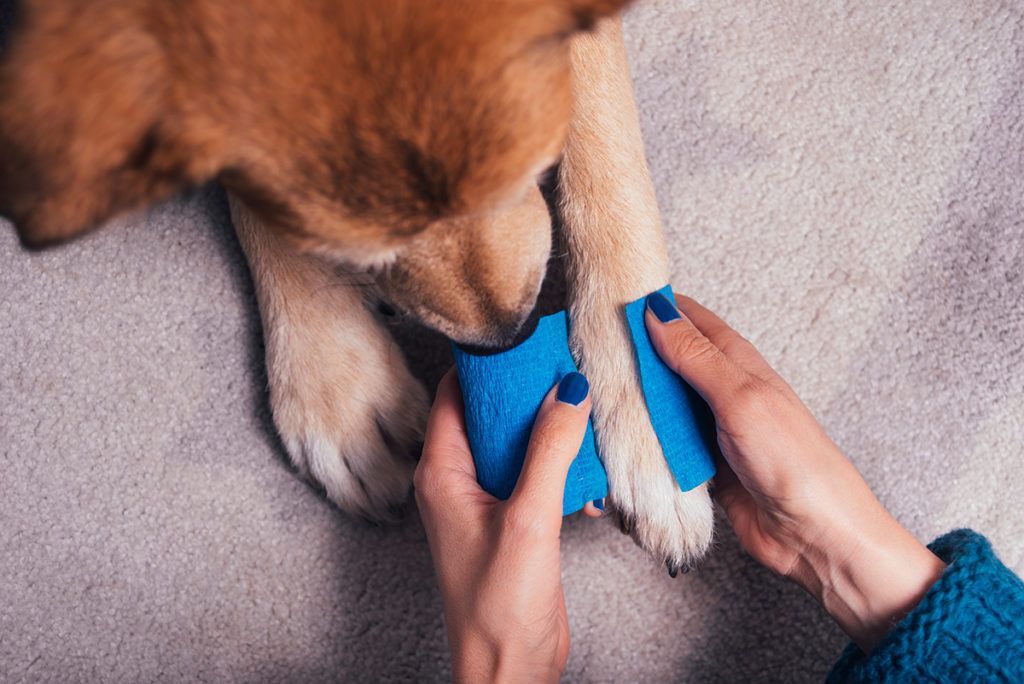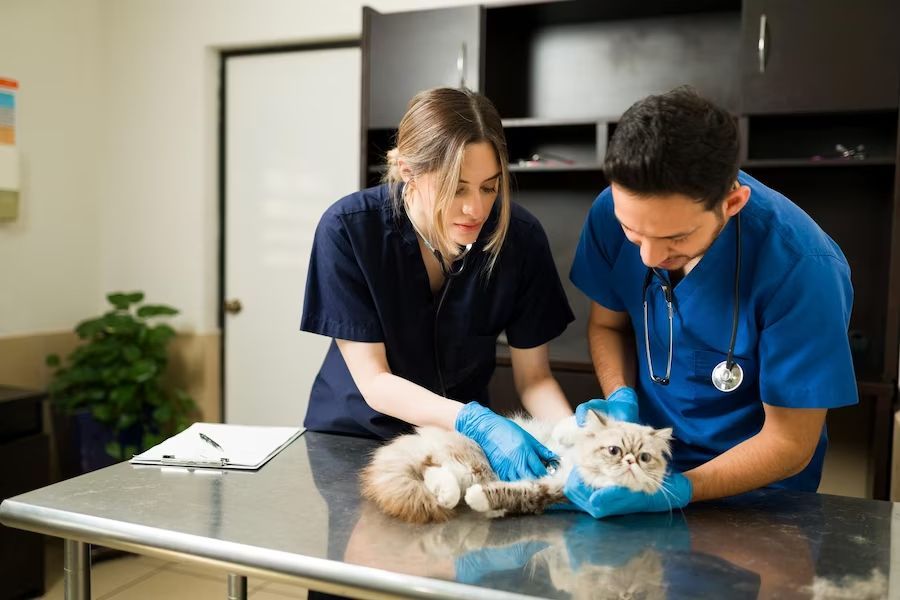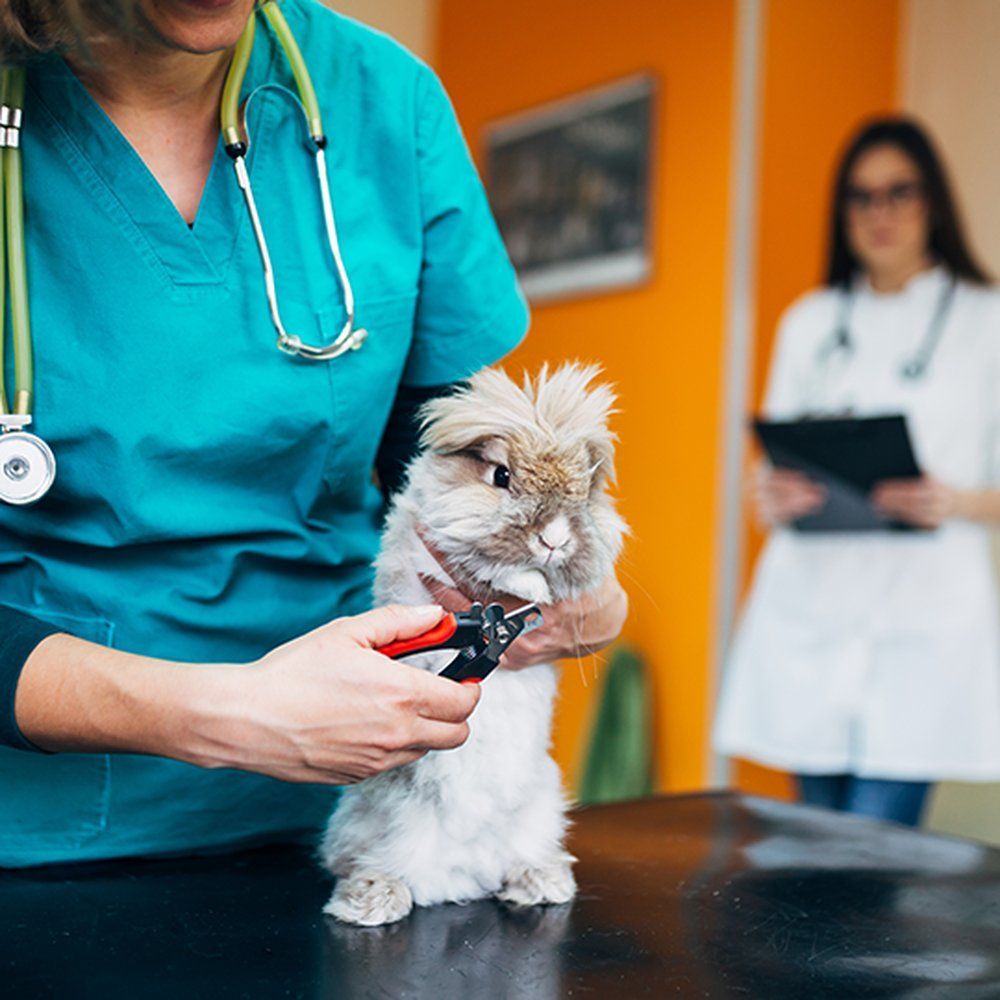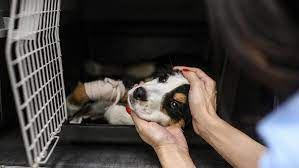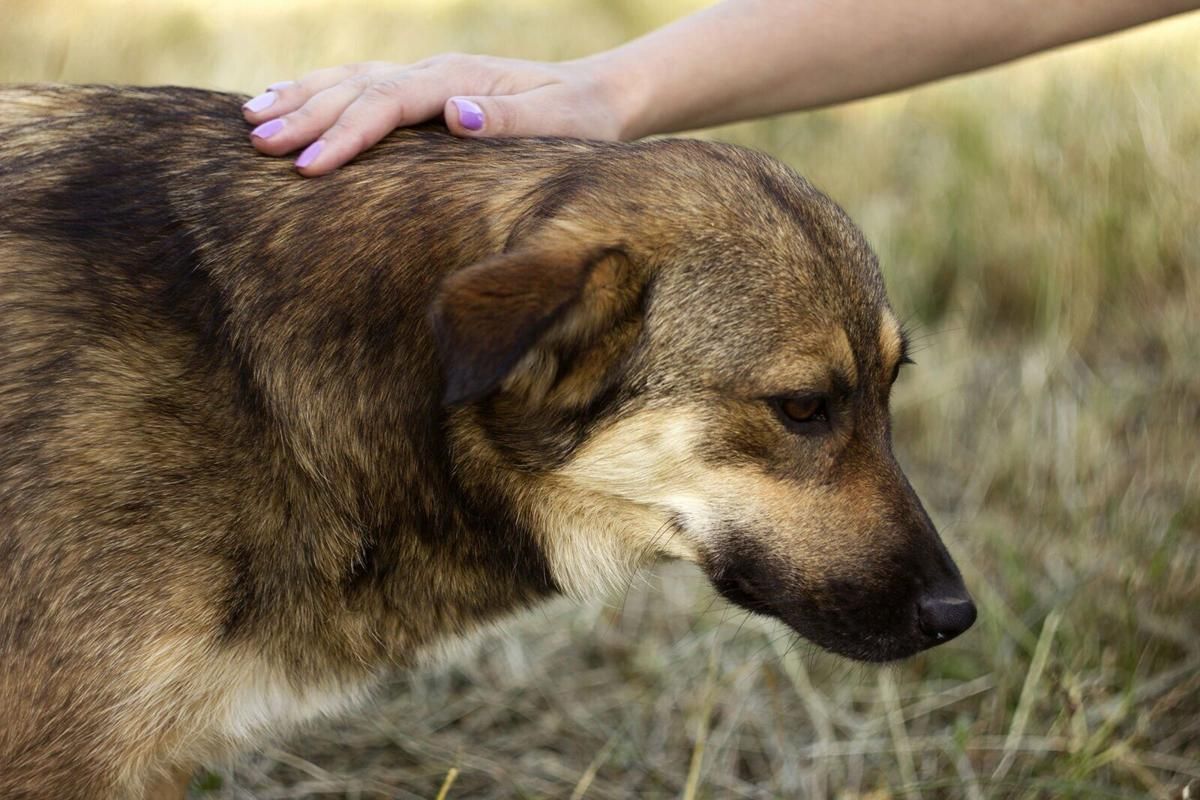Common Pet Emergencies in Cary, NC
If you live in or around Cary, North Carolina, and you have a pet, then chances are good you already know something about the common pet emergencies you may face in this area. However, if you’re a new pet owner or you’re just looking to brush up on your pet care information, it’s important to learn what you can about these risks too.
In the article below, you’ll find a quick list of some of the most common pet emergencies seen in the Cary area. With its proximity to Raleigh, this region is prone to a variety of pet health concerns and risks to keep in mind. Read on to find out more.
Ingestion of Toxins
Household chemicals and cleaners are some of the most common toxins that affect pets in the Cary area. If your pet ingests one of these types of substances, she needs to be seen by an emergency vet immediately, as they can cause fatal poisoning if left untreated.
Even some human food items may cause poisoning if consumed in high enough quantities. Chocolate, for example, can be deadly to pets if they happen to eat enough of it, or consume very dark chocolate. Your emergency vet can help your pet recover from these types of poisoning and ensure that your pet is hospitalized for ongoing care if necessary.
Vehicle Trauma
In the Cary, North Carolina area, vehicle trauma and accidents are unfortunately very common problems for pets. This busy area is a risky place to allow pets to wander off-leash or out of their own yards, and some pets may be escape artists that are prone to running away even if pet owners try to keep them safely contained.
If your pet is struck by a vehicle, take her to the emergency vet to be examined and treated even if she doesn’t show outward signs of injury. Broken bones and organ damage may cause internal issues that are not outwardly visible but still need to be treated quickly.
Heatstroke
Pets who are left alone in vehicles are at severe risk of heatstroke. Even if the weather feels mild to you, the temperature inside a car can skyrocket to dangerous levels in as little as a half hour. Pets may suffer from heatstroke in a very short amount of time, and this condition is fatal if left untreated.
Signs of heatstroke include excessive panting and drooling, difficulty breathing, and elevated heart rate. As the condition progresses, pets may lose consciousness and will eventually die without emergency vet care. If you know or suspect your pet is suffering from heatstroke, take them to the emergency vet without hesitation.
Burns
Pets who spend time outside on hot days may be at risk of burns. Sunburn is common in hairless and short-haired pets, while any pet who walks on a concrete or asphalt surface on a very hot day may risk severely burning their paw pads.
If your pet suffers from a severe sunburn or if her paw pads become badly burned, then she needs to be seen by an emergency vet. The emergency vet will help your pet recover from her burns and will recommend long-term treatment such as ongoing wound care if necessary, too.
Insect Bites and Stings
Normally, insect bites and stings are not an emergency and are no cause for concern. However, it is possible that some pets may be severely allergic to insect bites and stings and may be at risk of anaphylactic shock as a result. If your pet has been bitten or stung, or you suspect that she has, watch her closely for signs of anaphylaxis.
Some concerning signs include swelling of the face, neck, and snout, vomiting, diarrhea, or collapse. If your pet has any of these symptoms, don’t wait to take them to the emergency vet for proper treatment.
Attacks from Other Animals
If your pet is attacked and injured by another animal, even if that animal is someone else’s pet, it is important to take your pet to the emergency vet immediately for a thorough examination. Often, bite wounds may cause extensive damage below the surface and may not outwardly look as severe as they are, so an emergency vet exam can help identify more serious injuries at the time of bite wound injuries or attacks.
Any pet who is attacked by another animal may be at risk of rabies and other diseases. If you don’t know the history of the other animal, or if your pet was attacked by a wild animal, then you should see an emergency vet right away for proper management of this situation.
Contact 24/7 Local Veterinarian for Any Common Pet Emergencies in Cary, NC, and the Triangle
As you can see, pet owners in this area have a lot of concerns to keep in mind when it comes to properly providing a safe environment for their furry friends. Although, it is important to keep this information in mind, you shouldn’t let it put you off of having a pet, either.
By learning the potential pet emergencies you need to be on the lookout for, you can take better care of your pet moving forward. You can also learn when to respond quickly to help your pet recover fully from emergencies, too.
24/7 Local Veterinarian locations all over the country, and we couldn’t be happier to be opening a new location in Cary. We are open 24/7 every day of the year to help people and their pets when they need it most.
Contact with your local vet for the best advise
Resource Center
